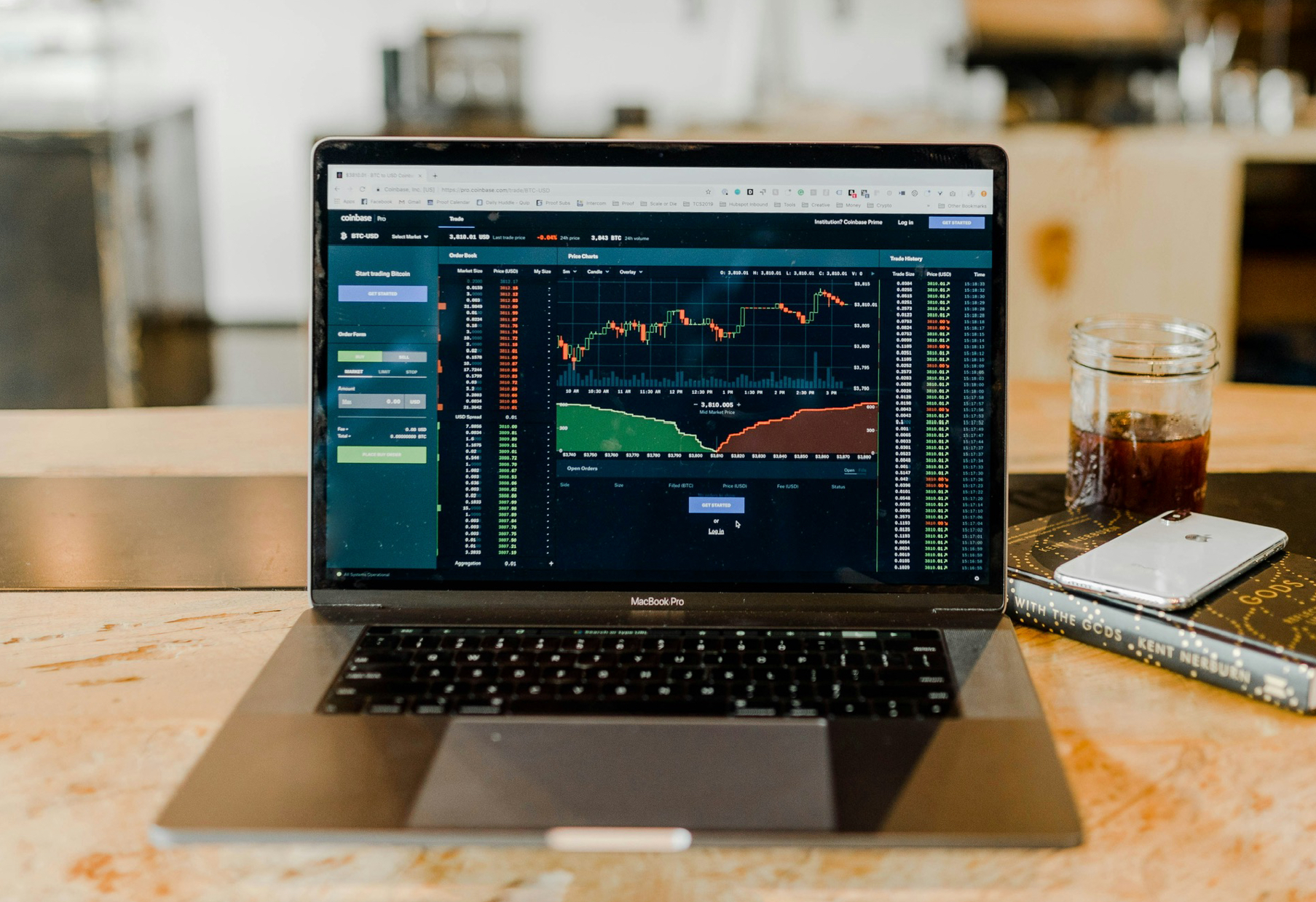How to Invest in the 5 Top European Indices in 2024

Are you a seasoned trader planning on branching out into other markets? Or perhaps you’re new to trading and want to know where to begin. Indices measure how a group of stocks on an exchange perform, focusing on fluctuations in price movements.
There are different indices based around the world. But whether you’re new to the markets or not, investing in European stock indices can offer investment opportunities and help you to tap into the economic growth of different European countries. To help, here’s a roundup of the top five European indices for 2024.
Why look at the top five?
It’s worth taking the time to weigh up what the different indexes offer. You might want to check out the constituents and setup or explore overall performance before you dive in.
By gaining an overview, you’ll also get the opportunity to build investment strategies and use tools on trading platforms to access the market. Opt for a platform like Tradu so that you can work out how to approach the index you have in mind.
FTSE 100
The FTSE 100 is the benchmark index for the United Kingdom, comprising the top 100 companies listed on the London Stock Exchange. These companies cover a wide range of sectors, including finance, energy, healthcare, and consumer goods. As a reflection of the UK's economic health, the FTSE 100 is closely watched by investors worldwide.
Investing in the FTSE 100 offers exposure to the performance of the UK's largest and most established companies. However, as a trader, it’s important that you’re aware of the index's heavy weighting towards certain sectors, such as financial services and energy. You might want to diversify within the index or look at other indices across other regions to counter any sector-specific risks.
DAX
The DAX is Germany's primary stock index. It comprises the 30 largest and most actively traded companies listed on the Frankfurt Stock Exchange. These companies span various industries, with an emphasis on manufacturing, technology, and automotive sectors. This means that the DAX indicates Germany's industrial and economic trends.
If you’re interested in Germany's export-oriented economy, the DAX could be the perfect choice. However, it's essential to recognize the index's susceptibility to global trade dynamics and economic fluctuations. Like the FTSE 100, diversification is key here.
CAC 40
The CAC 40 represents the top 40 companies listed on Euronext Paris. Sectors include luxury goods, aerospace, and telecommunications. The index influences the country's economy and investor sentiment.
To invest in the CAC 40, it’s worth balancing the luxury goods and consumer sectors that are prevalent with opportunities across other exchanges.
EURO STOXX 50
The EURO STOXX 50 stands as a premier index for the Eurozone, comprising 50 of the largest and most liquid stocks across 12 Eurozone countries. It’s designed by STOXX, which is an index provider owned by Deutsche Börse Group.
Various industries are represented here, including banking, pharmaceuticals, and technology, so the index offers broad exposure to the region's economic landscape.
If you want to invest in EURO STOXX 50, you’ll be exposed to the Eurozone's largest companies while diversifying across countries and sectors. This makes it a desirable option if you’re trying to tap into indices.
But it's essential to monitor the economic and political dynamics within the Eurozone, as thesecan impact the index's performance. Major events can influence how the markets move. Additionally, currency fluctuations may influence returns for investors holding assets denominated in euros.
If you’re planning to branch out into indices or you’re considering trading an index you’ve not considered before, it’s worth considering Europe’s offerings. But be sure to make savvy moves and be aware of the risks involved before you dive in.
Share this article:
EU Reporter publishes articles from a variety of outside sources which express a wide range of viewpoints. The positions taken in these articles are not necessarily those of EU Reporter.
